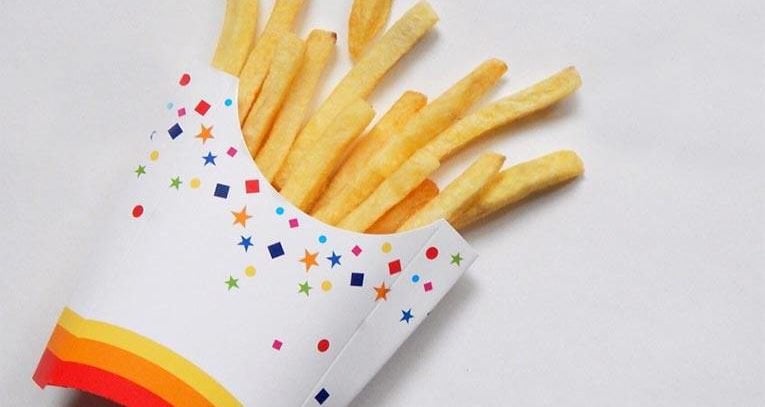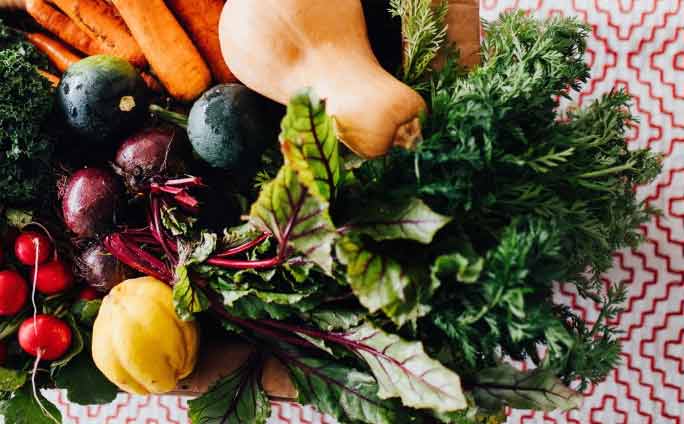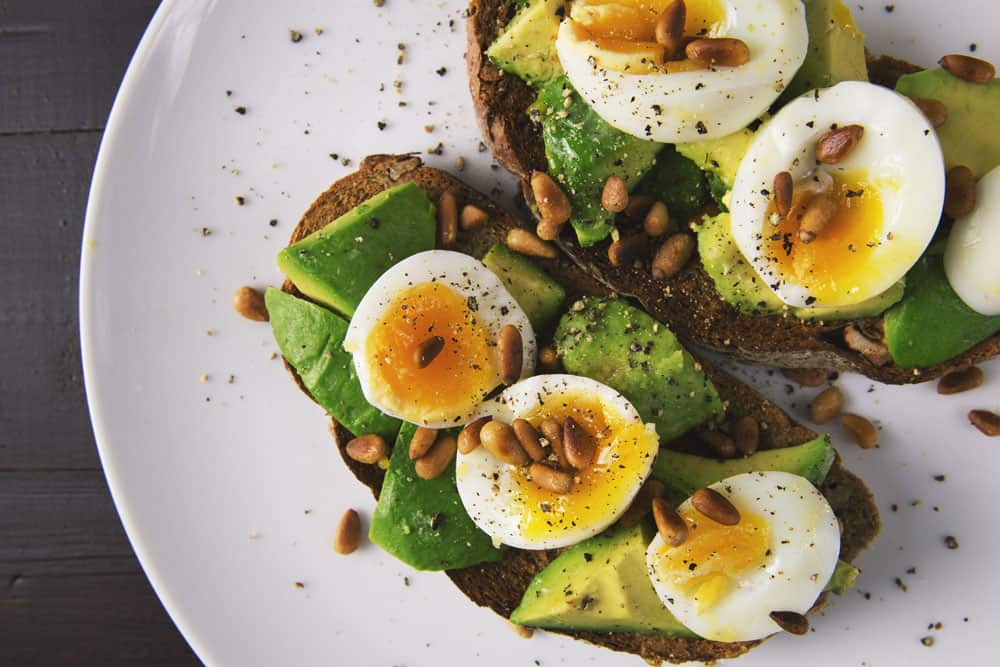Home Care Assistance is Changing the Way the World Ages. This is the latest installment of our “How To” series, where we lay out smart and easy-to-understand advice on navigating the aging process.
A low sodium diet has numerous health benefits. The American Heart Association recommends that you consume so more than 1,500 mg of sodium in a day. Sodium is a mineral that is found in many types of food but most often in salt as sodium chloride.
When you eat foods with added salt, you will crave more salt. Foods with added sodium will often be:
- Fast food
- Convenience or packaged foods
- Frozen meals
- Snack foods
Salt is often added to food as a preservative, to add flavor and to keep foods moist. Foods with added salt put you at a higher risk for high blood pressure and heart disease so it is important to be aware of.

15 Health Benefits of a Low Sodium Diet
A diet high in sodium has been connected to an increased risk for high blood pressure. High blood pressure is when the pressure of your blood against the walls of your arteries is too strong. This can lead to serious health problems. Check out these 15 reasons to reduce the amount of salt in your diet:
- Lower your blood pressure. When you reduce the amount of sodium in your diet, you decrease the amount of fluid in your blood. This leads to lower blood pressure.
- reduce your risk of heart attack. By managing high blood pressure, you relieve the pressure and potential damage on your heart. This reduces your chance of a heart attack.
- Lower your LDL cholesterol. High blood pressure is one of the factors in metabolic syndrome. This includes having a high cholesterol reading. Packaged foods high in sodium tend to be high in cholesterol as well.
- Prevent congestive heart failure. When your heart must pump harder to push your blood through your blood vessels, it can lead to heart failure.
- Decrease your risk for kidney damage. Your blood vessels in the kidneys can become weakened and narrowed. This can cause kidney failure.
- Prevent a stroke. The decreased blood flow to your brain can put you at an increased risk for a stroke.
- reduce your risk of a brain aneurysm. When your blood pressure remains high it can cause the blood vessels in your brain to weaken. You can experience a brain bleed with life-threatening consequences.
- Protect your vision. High blood pressure in the vessels in your eyes can lead to torn blood vessels. You can experience vision loss.
- reduce your risk of diabetes. A diet that is high in packaged or processed foods will increase your chance of having diabetes.
- Improve your memory. Nutrition impacts our brain health, like your ability to think and to build memories. High blood pressure can affect the blood flow to the memory centers of your brain.
- reduce your risk of dementia. Vascular dementia is a type of dementia related to slowed blood flow to the brain.
- Less hardening and thickening of your arteries. Continual high blood pressure will cause the walls of your arteries to become thicker and harder. It is more difficult for blood to move through stiff vessels.
- reduce bloating and swelling. A diet high in sodium causes your body to retain fluid. You will notice reduced bloating and swelling when you cut back on your sodium intake.
- reduce the amount you drink. Salty foods will make you thirsty and dehydrated. Often, we will reach for high-calorie drinks like soda or alcohol to quench that thirst. By reducing the amount of sodium, you will have less of an urge for these unhealthy drinks.
- Curb your salt cravings. Your taste buds adapt to the increased level of saltiness. When you reduce the amount of sodium in your diet, you can decrease your salt cravings.
How to Stop Craving Salty Snacks
Sodium is a mineral necessary for our health. But an excessive amount of added sodium is harmful to our bodies.
A major factor in being able to stop yourself from craving salty snacks is to gradually decrease the added salt in your diet. Salt will block your other taste receptors. When you cut back on salt, you will eventually be able to enjoy other, more subtle flavors. It takes about two weeks to retrain your taste buds, so be patient and stay committed. reducing salty foods is also a great way to get more energy during the day.
The best way to reduce your sodium intake is to start with whole unprocessed foods. Think:
- Fruits
- Vegetables
- Meats
- Eggs
- Nuts
- Dairy
- Grains
Try to imagine what foods you would be able to buy directly from a farmer. These foods, in their natural states, contain no added sodium.
Boost the flavor profile of these naturally healthy foods by adding herbs, spices and a splash of healthy oil or fat.
Read: Superfood Salad Recipes
 Also remember to keep your body well hydrated. You may crave salt after working out, or recovering from an illness or surgery. Try a glass of cool water with lime or lemon and a natural electrolyte replacement. You may find that when you quench your thirst, you no longer want the extra salt.
Also remember to keep your body well hydrated. You may crave salt after working out, or recovering from an illness or surgery. Try a glass of cool water with lime or lemon and a natural electrolyte replacement. You may find that when you quench your thirst, you no longer want the extra salt.
15 Satisfying, Low Salt Snacks
These 15 healthy and satisfying low-salt snacks will help you next time you are craving a salty, crunchy snack.
- Unsalted almonds
- Apples and nut butter (check the label for no added salt)
- Unsalted popcorn flavored with dill, chili powder or cinnamon
- Carrot sticks dipped in olive oil, balsamic vinegar and thyme
- Snow peas
- Banana and almond butter
- Orange slices
- Yogurt with nuts and berries
- Homemade trail mix (mix unsalted almonds, peanuts, sunflower seeds. Toss with a drizzle of olive oil and cinnamon)
- Cucumber slices and salsa (check the label for low sodium)
- Celery sticks and hummus
- Low sodium deli meat, wrapped with a lettuce leaf
- Low sodium tuna scooped up with cucumber slices
- A homemade fruit salad (apples, oranges, grapes, melon)
- Fresh smoothie made with milk (or milk alternative), greens, ½ cup of fruit and a splash of vanilla extract
Give your body nutritious and delicious low sodium options for snacks and meals. By loading up on whole fruits, vegetables, nuts and meat you are meeting your body’s need for fuel without extra salt.
The best part is that shopping for fresh produce will save you from having to read labels since you know what you buy is unprocessed. Have fun buying bright, fresh foods and enjoy the way your body feels as a result.
Read: Can Eating Sugar Cause Dementia?
Resources:
Cut Down on Sodium
Sodium
DASH Eating Plan
Health Facts: Sodium and Potassium
The Salt Solution: Cutting Back on Sodium
Mayo Clinic: High Blood Pressure
Why Do I Crave Salt?

